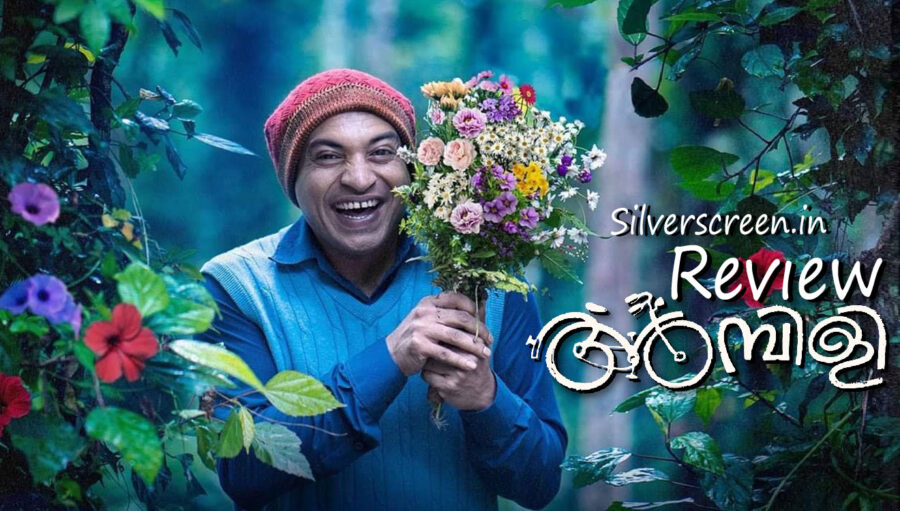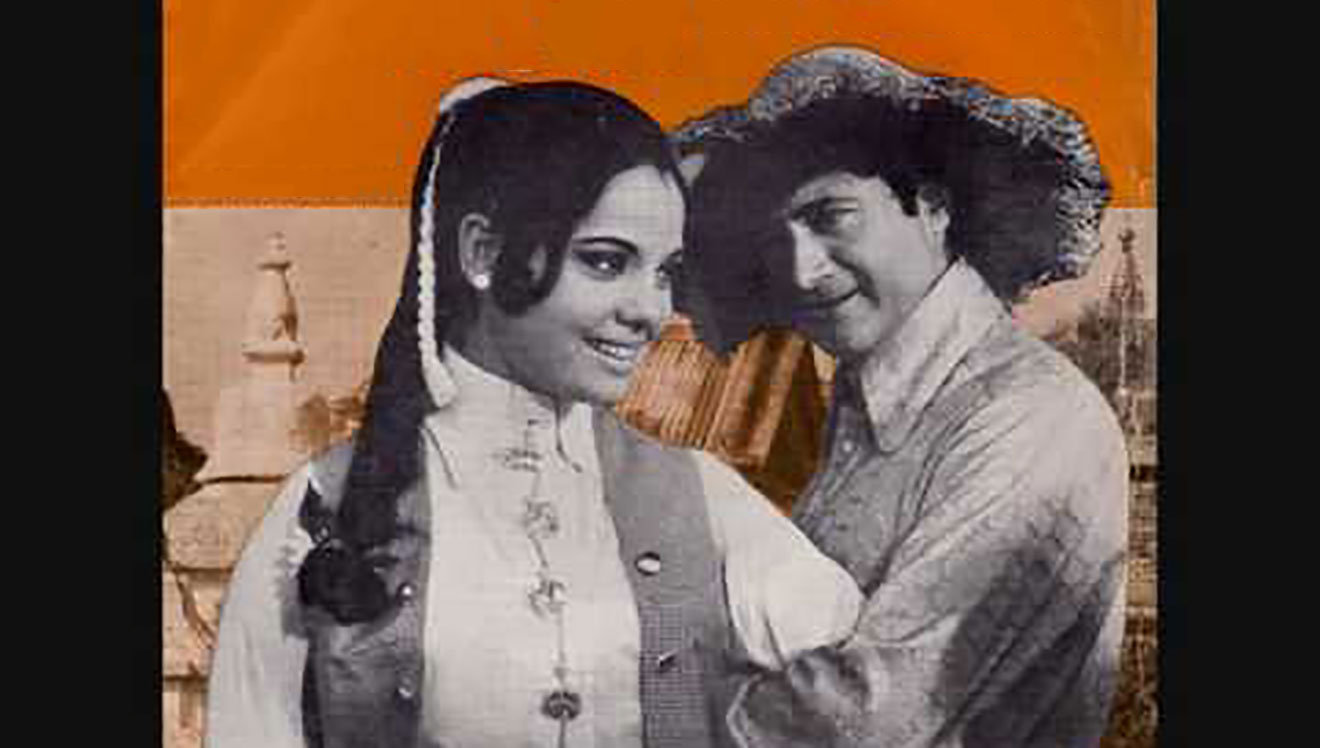Director: Johnpaul George
Cast: Soubin Shahid, Tanvi Ram, Naveen Nazim
Ambili, directed by Johnpaul George, is centred on Ambili (Soubin Shahir), a simpleton with signs of autism who lights up his bleak life with innocuous love for everything and a childlike cheerfulness. The film proceeds through a road trip that he takes to rekindle his lost childhood with Bobby (Naveen Nazim), the brother of the girl he likes, with whom he grew up on the mountains of Kashmir.
In Guppy as well as here, Johnpaul bases the narrative on a pretension that the strongest human emotion is an Instagram-version of love. Watching Ambili is an exercise akin to scrolling through one’s social media feed in the morning, skimming through a variety of emotions tied together by a general necessity to feel hopeful. People hug, dance together and tell each other sweet little verses about love. Bad things happen, but they’re easily forgotten.
In writer-director Lohithadas’ 2006 film, Chakkara Muthu (which is one of his lesser films), an autistic man falls victim to the society’s brutal, selfish nature because he doesn’t understand it. The film’s protagonist travels a great deal of distance, from being a naive man in love to having his heart broken from the realisation that he is an outcast in his surroundings. In Ambili, the man’s perception of the world is one-dimensional. He is like a happy child in an amusement park even when he is challenged by dire physical situations during the road trip from Idukki to Kashmir. In the opening scenes, where we watch Ambili being taken for a ride by the village’s men, the underlying sentiment is a playfulness. Later, Bobby lays down several not-so-smart ploys to hurt Ambili and send him back to the village, in vain. The latter conquers everyone by being happy and more importantly, useful. The film writes off the society’s callous nature using a mushy background score, feel-good or comic moments and a generous dipping of nostalgia.
Bobby’s mistreatment of the people he loves, including his sister, is rendered obscure; blame it on Naveen Nazim’s passivity on screen (or a sheer lack of acting skills). In his early scenes, the camera captures him like a rockstar suffering from mild depression, but it’s clear from the later scenes that it isn’t the case. When he sights Ambili on his rickety bicycle, out of the blue, on a highway, there is no surprise or shock, but a routine expression of annoyance. The film suffers from a lack of attention to detail. In order to draw a comparison between the urban and the pastoral – the healthy life choices of Ambili and the toxicity that city life has caused in Bobby – the film has scenes where Bobby, in spite of being a passionate young cyclist, dining at expensive fast-food centres. This trope goes overboard when his friend asks him to order pizza from a Dominos store in the heart of rural Maharashtra.
What really comes through is Ambili’s relationship with Teena (Tanvi Ram). The film expands this romantic affair into something deeper – she is his last connection to his childhood, the happiest time in his life. Their routine morning conversations and the quiet pain she undergoes on witnessing her family’s attitude towards him, are delicately portrayed. Dialogues are well-written, and the actors’ performances are great. It isn’t easy to buy Soubin Shahir’s performance as Ambili. It has shades of characters he’s done before (Maheshinte Prathikaram‘s Crispin, for one), set to the highest pitch. But his act is consistent – never does he slip out of the character – which makes the final sequence compelling.
Recommended
There is a drabness in Ambili that might disappoint a mainstream film-goer. The narrative doesn’t have the conventional crusts and troughs. More than often, it latches on to a sentimental moment (the sequence involving a village physician in Maharashtra, for one), soaks it in music and slow-motion shots, refusing to move ahead. While eventlessness of the plot isn’t necessarily a problem, this self-indulgence is. Ambili has its heart in the right place, but it’s far from the poignant drama it wants to be.
*****
The Ambili review is a Silverscreen original article. It was not paid for or commissioned by anyone associated with the film. Silverscreen.in and its writers do not have any commercial relationship with movies that are reviewed on the site.



